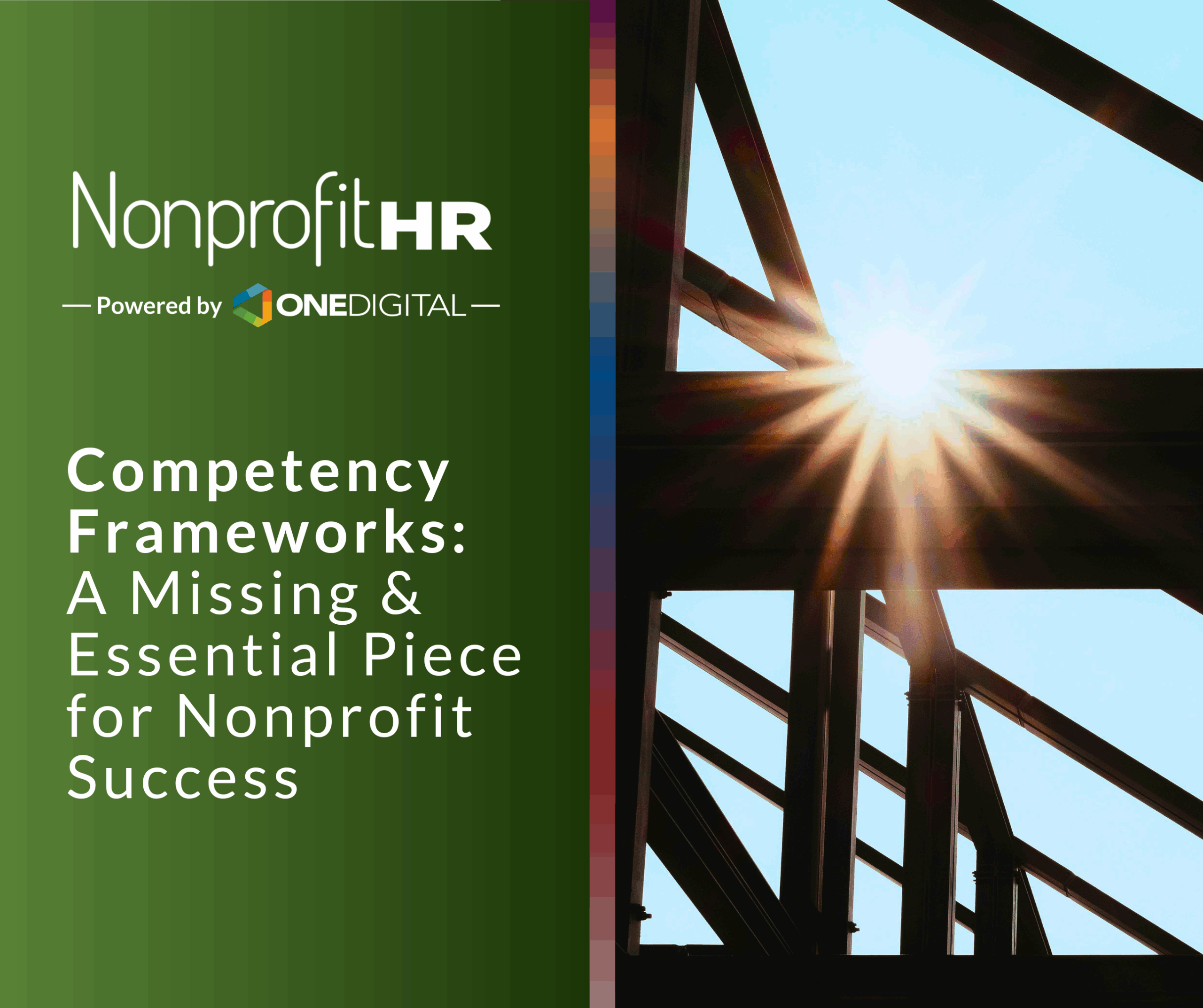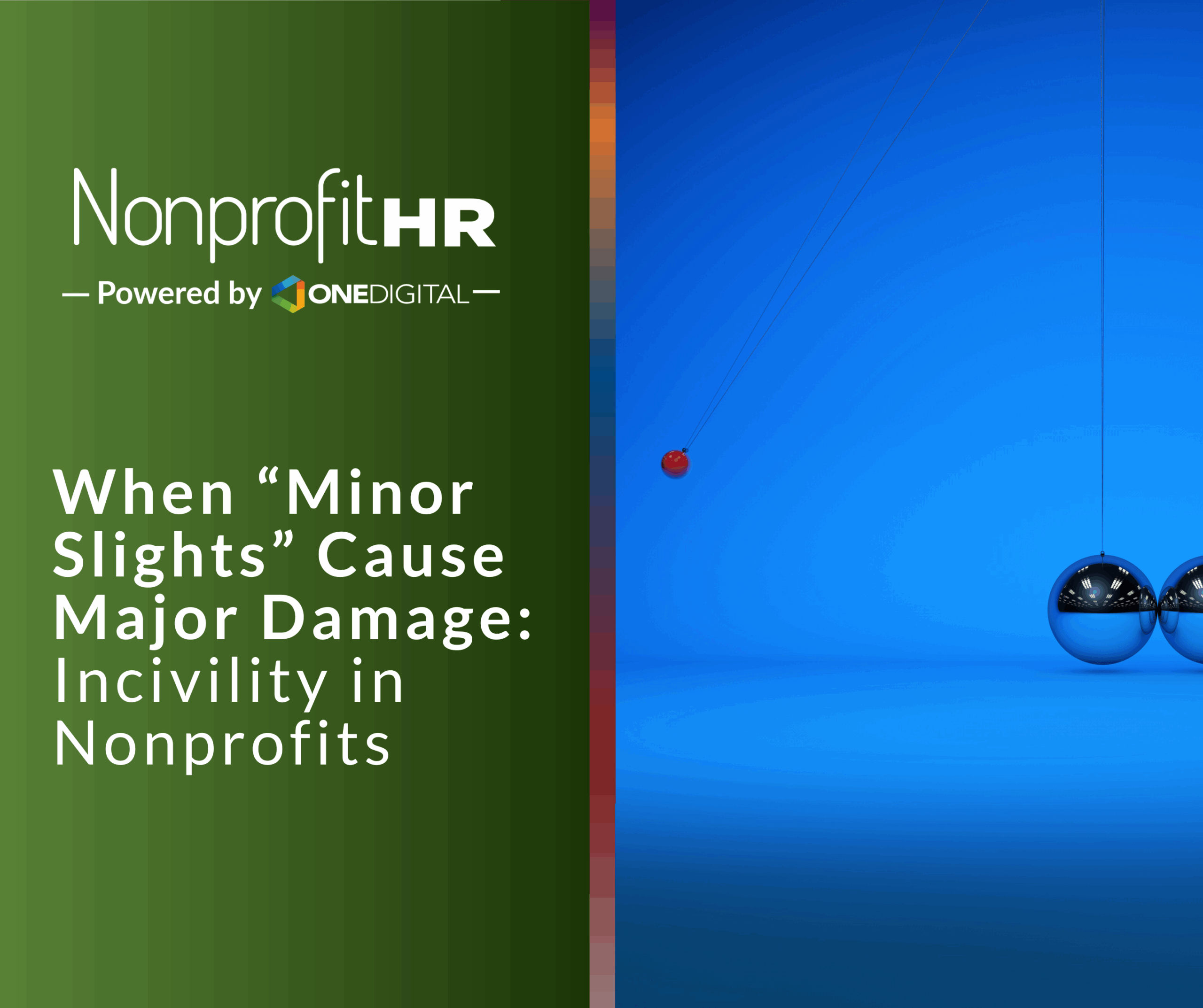WTOP: 5 ways nonprofits can…
Mario Castellanos has a solution to the deficiencies in the modern hiring process. His hopes is that these changes will Make decision makers accountable not for what they do, but for what they don’t do.
He insists that today’s hiring model is flawed because it boils down to two major stopping points:
1. A hiring process that expects candidates to sell themselves and,
2. How and why the decision to hire is made.
How would he change it?
“…if HR has narrowed down a list to x number of real close fit candidates, [the organization relies] solely on the word of the hiring manager with all their quirks, prejudices, self-preserving natures and hidden agendas on whether to proceed or not. But what if this hiring manager is picking the wrong or better put, not the best people or most apt to fit the required role to interview? How many excellent candidates are not even considered because one person does not possess the skill to select or worse, looks at it not from the perspective of what is good for all, but instead what is good for me? In the same regard, how many hiring managers are essentially forced to hire an individual due to internal political or policy reasons, when they feel another would have been better? It’s my contention a peer review or committee approach to interview selection would greatly enhance hiring at any level of an organization. Consider the following:
- Is creating a hiring system of this nature viable? Of course! It infinitely benefits all concerned — especially the company that views people as a means to accomplish a goal.
- Can or will it take time away from other productive duties? Of course it will — for maybe an hour it takes to review the choices.
- Is it inefficient? Quite the opposite. In both the short and long term, the best candidate will get the job which ultimately is extremely economical and highly efficient to the organization. This is a common sense approach.
- Will it ruffle feathers of those involved in hiring now? Yes. But that’s a good thing. Perhaps it gets out those that shouldn’t be where they are at now and gets in those that should.
Not until companies stand by what most all seem to shout, namely ‘our people are our greatest asset’ nor until company leadership learns to except that their needs are often far removed from the wants of one decision-making hiring manager full of personal prejudices and self serving desires, hiring will continue to be nothing more than a crap shoot in Vegas — throw the dice and hope for the best.”





























